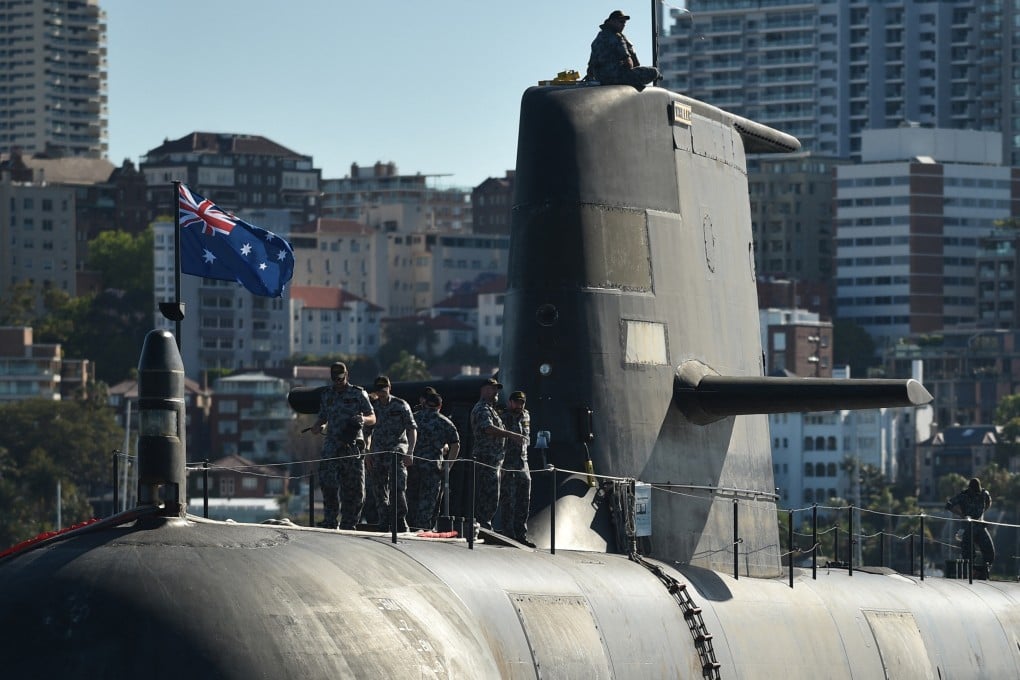Advertisement
How does China really view Aukus? This military assessment may offer a clue
- People’s Liberation Army researcher writes that the security alliance’s purpose and its geopolitical context make it a different proposition to Nato
- Beijing has strongly condemned the pact between Australia, the UK and the US, but the researcher’s assessment could point to its actual strategy
Reading Time:3 minutes
Why you can trust SCMP
21

A Chinese military researcher has downplayed the strength of the newly formed security alliance Aukus, arguing that lack of cohesiveness will prevent it becoming an Asian version of Nato.
Neither Aukus nor the informal strategic alliance the Quad “could replicate Nato in the true sense of the word”, wrote Hu Fengsheng, an assistant researcher, this month in the foreign ministry-affiliated journal World Affairs.
China has expressed anger over the Aukus pact, formed in September by Australia, the UK and the United States, describing it as an “extremely irresponsible” threat to stability in the Asia-Pacific region. The pact gave Australia access to US technology to build nuclear-powered submarines for the first time.
Advertisement
But Hu – of the Academy of Military Sciences, the People’s Liberation Army’s (PLA’s) highest research institute – argued that the geopolitical context had changed vastly since military alliance the North Atlantic Treaty Organization (Nato) was formed in 1949.
Economic integration in the region, combined with its political divides, would prevent Aukus expanding to become a Nato-like force, Hu wrote.
Advertisement
Advertisement
Select Voice
Choose your listening speed
Get through articles 2x faster
1.25x
250 WPM
Slow
Average
Fast
1.25x